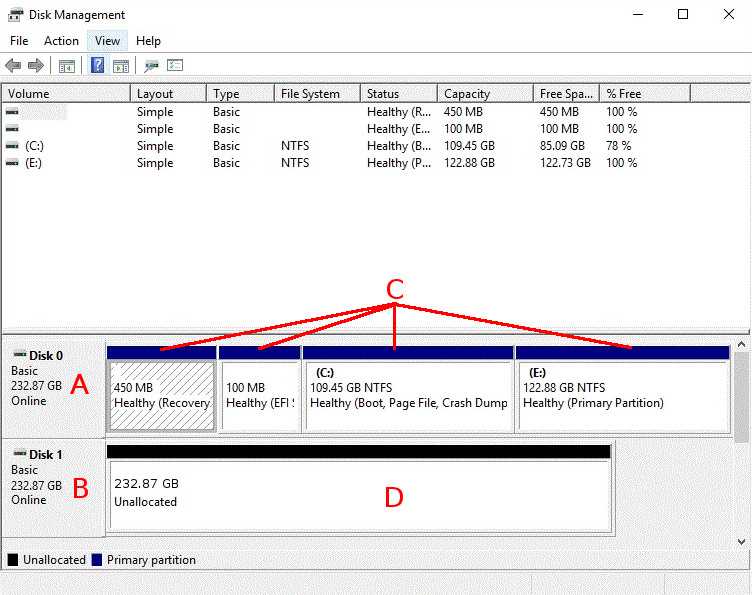

- #Does softraid verify destroy data code
- #Does softraid verify destroy data password
When attempting to remove individual files, many data destruction methods simply remove the pointers to a given file, rather than the file itself. Here are two examples that show why this matters: This means that the data destruction method used has not been proven to remove the targeted information-whether a single file or an entire drive-completely. 
Unlike data sanitization, data destruction does not include verification. What Data Destruction is Not Data Destruction is Not the Same as Data Sanitization
/SoftRAIDLite-57c439945f9b5855e58b06e9.jpg)
This is where data sanitization and data erasure (a form of data sanitization) come in. TechTarget defines data destruction as “the process of destroying data stored on tapes, hard disks and other forms of electronic media so that it is completely unreadable and cannot be accessed or used for unauthorized purposes.”īut to confirm that data is truly gone, and to comply with most data protection standards, you need more. Throw in phrases like physical destruction and data erasure, and the simple act of making sure your data is irrecoverable quickly becomes a matter of clarifying terms. However, the term data destruction is often used interchangeably with data sanitization, and it can be difficult to determine which definition is correct. If you’re not sure that your employer is taking care of your data, raise your concerns and if you’re still not happy, speak to the Data Protection Commissioner’s office.Data destruction has been defined in a variety of ways by technical publications and industry leaders. Legislation about protecting data is changing, and as of 2018, the penalties for not abiding by the rules will be even more severe. DBS information might be more sensitive than other types of information held by your employer, but all information has to be kept safely and securely. Smaller employers can ensure secure disposal by running documents through a shredder rather than just putting them in the recycling bin.ĭBS information and the Data Protection ActĪll employers will hold a vast amount on information on their employees, and all of this information is governed by the Data Protection Act. For larger companies, this will mean sending it offsite with the rest of the sensitive information to be pulped.
Disposal – once DBS information has served its purpose, it should be disposed of securely. Restrict distribution – only people who need to be involved in the decision to recruit a candidate or not should have access to any of the information included on a DBS form. #Does softraid verify destroy data code
No copies – it is against the code of practice to photocopy or scan information contained on a DBS certificate unless the DBS has agreed to this in advance. The general rule is to keep any DBS information for 6 months after the recruitment decision, then destroy it. Keep information for no longer than is necessary – employers shouldn’t be keeping DBS information for longer than necessary. Care should be taken not to leave certificates or information lying on desks or in filing trays. #Does softraid verify destroy data password
This usually means under lock and key in case of paper documents, or encrypted and restricted by password access for computer records.
 Secure storage – employers have to make sure they are storing DBS information securely. Companies with more unusual requirements can write their own policies. There is a template policy on the DBS website which employers can print and this will suit most organisations. Written policy – employers are advised to have a formal written policy regarding how they handle and store DBS information. There are several elements to the code of practice, none of which should prove too difficult for an employer to comply with. Smaller employers sometimes struggle to know exactly what their obligations are in terms of data storage, and with new laws coming in early 2018 which will add even more to the employer’s burden, it’s important to know what happens to the information on a DBS, whether you’re an employee or employer.īack in 2012 the government recognised that there was confusion around keeping information on DBS certificates and issued a comprehensive code of practice. Large employers like the NHS, which employs hundreds of thousands of staff who need to be DBS checks has set procedures for storing the information on a DBS certificate and making sure only the people who need to see it can access the information. There are many employers who deal with processing DBS certificates for their staff members every day.
Secure storage – employers have to make sure they are storing DBS information securely. Companies with more unusual requirements can write their own policies. There is a template policy on the DBS website which employers can print and this will suit most organisations. Written policy – employers are advised to have a formal written policy regarding how they handle and store DBS information. There are several elements to the code of practice, none of which should prove too difficult for an employer to comply with. Smaller employers sometimes struggle to know exactly what their obligations are in terms of data storage, and with new laws coming in early 2018 which will add even more to the employer’s burden, it’s important to know what happens to the information on a DBS, whether you’re an employee or employer.īack in 2012 the government recognised that there was confusion around keeping information on DBS certificates and issued a comprehensive code of practice. Large employers like the NHS, which employs hundreds of thousands of staff who need to be DBS checks has set procedures for storing the information on a DBS certificate and making sure only the people who need to see it can access the information. There are many employers who deal with processing DBS certificates for their staff members every day.




/SoftRAIDLite-57c439945f9b5855e58b06e9.jpg)



 0 kommentar(er)
0 kommentar(er)
